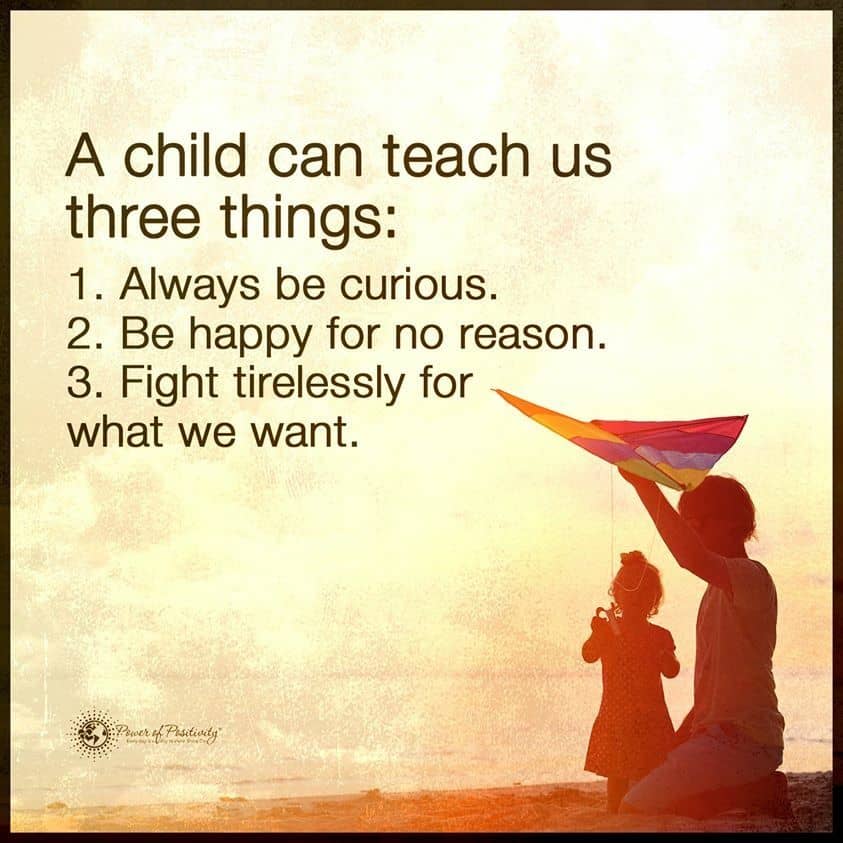Whether you want to admit it or not, sometimes kids will begin bullying their parents to get their way. When they don’t get their way or get what they want, they will resort to anything that works. Even if they are justified in their feelings, you have to handle the behavior appropriately.
There are certain things you should avoid doing, and these methods may surprise you. They seem like the easiest route at the moment, but you have to push past the urge. When the word ‘hate’ comes out of your child’s mouth, it will be hard to keep being tough on them.
That type of language, however, is bullying. They are trying to hurt you to get what they want. You can’t give in to this, or it will only make it worse in the long run.
Luckily, many other parents have been through this situation. Plus, researchers looked into the behavior to determine what reactions you should avoid. However, even better, there are also steps you can take immediately to make the situation better.
Things Parents Should Avoid When Their Kids Are Bullying Them
1. Surrendering
Sometimes, it is easiest to give in to your kids. It may make your life more peaceful, which makes it tempting. However, it can make things worse because then the child will feel like being a bully worked.
If they think their behavior is what got them their way, the behavior will worsen and escalate next time. It will be hard to set boundaries in the future, and it will make them not listen to you, as well. Plus, it could cause them to begin bullying others, too, because it worked with you.
2. Handing Down a Punishment
You may quickly feel like your child deserves punishment in this situation, but it is best to resist. To do so would seem to your child like you are behaving in the same way they are. This might be something you have to work on because it is a skill that is hard to come by.
Losing your temper, shouting, or giving out intense punishments will all create a toxic environment. It can also lead to further disrespect and resentment from your child. That isn’t all, however, because continuing the harsh punishment pattern can later lead to other issues for the child, such as the following:
- defiance
- depression
- anxiety
- being a bully to others
- severe conflicts within the family
3. Negotiating with Them
Just like with surrendering, negotiating may seem like an easy option. If you offer to give in a little, you might think you will both win, but this isn’t the case. Even if you understand why your child is upset, it’s important to consider a few things before turning to negotiation.
If the situation hasn’t turned into your child behaving like a bully, negotiation might be fair. On the other hand, if your child has already begun to bully you, negotiation should be forgotten.
If you offer a negotiation when they are bullying, there are a few things that might happen. Your child might try to counteroffer and, if you turn it down, they will likely have an even bigger meltdown. Or, your child might begin behaving even worse while demanding exactly what they want.
Neither of these situations is good, but they both lead to one major issue. The major issue you can expect is that you are making them believe that behaving as a bully is working. They will see that their negative behavior leads to you giving in, at least a little.
Negotiation can also cause your child to believe that they can negotiate in any situation. They will believe that they should be rewarded for anything they do, or they won’t do it at all. It would stop their good behavior completely because they will feel like they should be rewarded for it every time.
Not only does this cause behavior issues and make your life harder, but it can negatively impact your child. It will cause the child’s self-esteem to plummet. Their self-esteem will stay that way as long as they believe they need a physical reward to do good things.
What You Can do Instead
So, if you should avoid surrendering, punishing, and negotiating, you may be wondering what is left to do. While those options may give you immediate relief, they will cause serious problems for the near future. Luckily, other options will benefit both you and your child.
Instead of looking for the seemingly easy option, you have to address what causes them to behave this way. In most cases, the bullying stems from deeper issues that the child is dealing with. Since determining the deeper issue right then is probably not an option, there are some steps you can take first.
De-Escalate the Situation
This ties into the suggestion to avoid punishing the child by yelling, becoming angry, or giving a harsh punishment. Doing any of those things will make the situation worse because it causes tension. Instead, stay calm and avoid reacting negatively so that you can de-escalate what is happening.
The best way to de-escalate the situation is to walk away and give you both time to cool off and think. Leave the room, take a few quiet minutes for yourself, and allow your child to do the same. Once you have calmed down, it will be easier to approach the situation and handle it properly.
Then, with a clear mind, you will be able to determine the best course of action. If punishment is necessary, you will be able to give a fair one calmly. This will help your child understand, as well.
Validate Their Feelings
Children normally respond better when they feel understood. Explain to them that you understand how they feel and that you sometimes feel that way. Tell them that you see they are upset and that you both need time to think about it.
If your child is angry, let them know that you know they are angry. Plus, if you know that they are justified in their anger, tell them that, too. While being angry isn’t an excuse, acknowledging that they are right to be upset can help reel in the bullying.
In almost all situations, children will calm down when you react this way. Sometimes their meltdowns stem from feeling misunderstood.
Consider What Might Be Causing the Behavior
It is important to determine what the issue is and why your child is reacting so severely. They may be tired or hungry, or they may feel neglected or ignored. Plus, if this happens toward the end of a long day, it could be exhaustion and overstimulation.
Another situation that often leads to a bullying situation is too much screen time. When children spend too much time playing games or scrolling online, it can cause negative behavior.
Encourage Communication
Let your child tell you their thoughts and feelings on the situation. If they feel heard and like they have a chance at being understood, they will feel better and behave better. This teaches them better communication skills, allowing for more effective and appropriate reactions when they don’t get their way.
So, instead of fighting and arguing with them, allow them to explain. Avoid interrupting, and don’t tell them that they are wrong. Remember, they want to be heard and understood, so listen and respond maturely.
Teach Them That Bullying Never Works
This is why it is so important to avoid giving in or negotiating. It is more important to teach your child that bullying won’t work and that it is unacceptable. You can do this immediately by telling them that you will not respond until they stop yelling or being mean.
It is also important to let them know that being a bully won’t get them what they want. By helping them understand this, they will be forced to find another way to get their point across.
Praise Them for Positive Communication
If you can successfully de-escalate the situation and get your child to communicate, praise them for it. Tell them how proud you are of them for speaking calmly and nicely. This will encourage further positive expression of their feelings and thoughts.
Not only will this help immediately, but it will help in the future, as well. They will remember how good it was that they communicated appropriately, and they will desire the same results. Plus, it boosts their self-confidence and helps them mature emotionally.
 Final Thoughts on Things Parents Should Avoid When Their Kids Are Bullying Them
Final Thoughts on Things Parents Should Avoid When Their Kids Are Bullying Them
When your child has begun bullying you into getting their way, you have to find a way to end it. While it may be easiest to resort to surrendering, punishing, or negotiating, it is best to avoid those practices. Not only will it make the behavior worse, but it can also hinder their emotional growth.
Instead, use this situation as a learning opportunity. Teach them how to act appropriately when they are upset and how to communicate effectively. They will be more likely to stop the bullying and handle the situation better the next time.




















